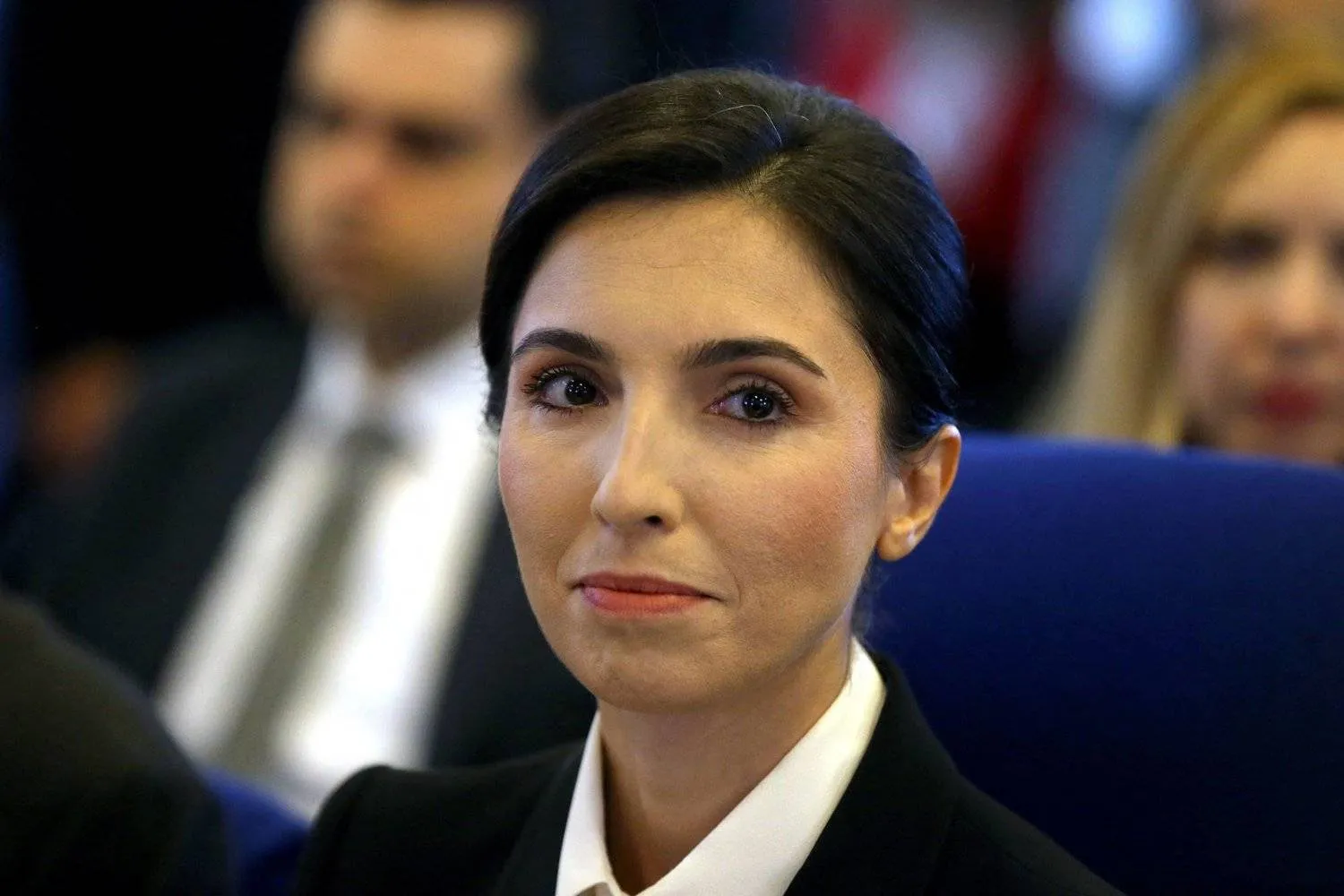Türkiye's central bank governor Hafize Gaye Erkan said its monetary tightening cycle has ended and called on foreigners to invest in lira-denominated government bonds at current favorable returns.
Erkan said inflation in education and rents have been more sticky, while a supply shortage is affecting the pricing mechanism in housing.
She indicated she also feels the impact of high rents in Istanbul, prompting her to reside with her parents.
"Why is Istanbul more expensive than Manhattan?" she said. "We couldn't find a place in Istanbul; it's extremely expensive. We settled into my parents' house and are staying there."
According to Bloomberg, tight monetary policy has started to affect consumer prices, but single-digit inflation won't be achieved before 2026.
Since Erkan's appointment in June, the central bank has increased the policy rate by more than 30 percentage points to 40%.
Erkan, 44, was appointed head of the Central Bank in June. The governor spent two decades in the US as an executive in top banks, including Goldman Sachs Group Inc.
Foreign investors had been offloading and shunning lira-denominated bonds for most of the preceding decade as officials in Ankara imposed a series of unorthodox measures to discourage short-selling of the lira.
Finance Minister Mehmet Simsek and Erkan, appointed this year, have begun overhauling those policies, gradually unwinding regulations while boosting rates to tackle soaring inflation.
"Around this time next year, we will be in a more moderate environment in terms of inflation and monetary tightness," she told the paper.
"If foreign investors were to enter, it should be now. It's obvious that if they come later, there will be lower returns."
Erkan said there has been increasing demand from foreign investors for government bonds in the last four weeks, especially from the US.
"We don't want foreign investors to invest through swaps as it doesn't have any impact on reserves," Erkan said.
The Monetary Policy Committee said last month the monetary tightening cycle would slow down and be completed in a short period.
Erkan explained that price increases have eased for products, including automobiles, white goods, and furniture, but it will take more time in areas such as transportation and food.
The annual inflation rate was 62% at the end of November. The central bank sees year-end inflation at 65% and 36% at the end of 2024.
Turkish officials set a 25% ceiling for rent increases to contain public anger.
However, analysts believed it further escalated the situation, as landlords sought to evict tenants, aiming for higher housing allowances from new tenants.
President Recep Tayyip Erdogan appointed Simsek as Minister of Finance and Erkan as Governor following the presidential elections to curb inflation and enhance the country's credibility in the stock and bond investment markets.
Erdogan aimed to shift away from years of loose monetary policy and sustained intervention in financial markets.









